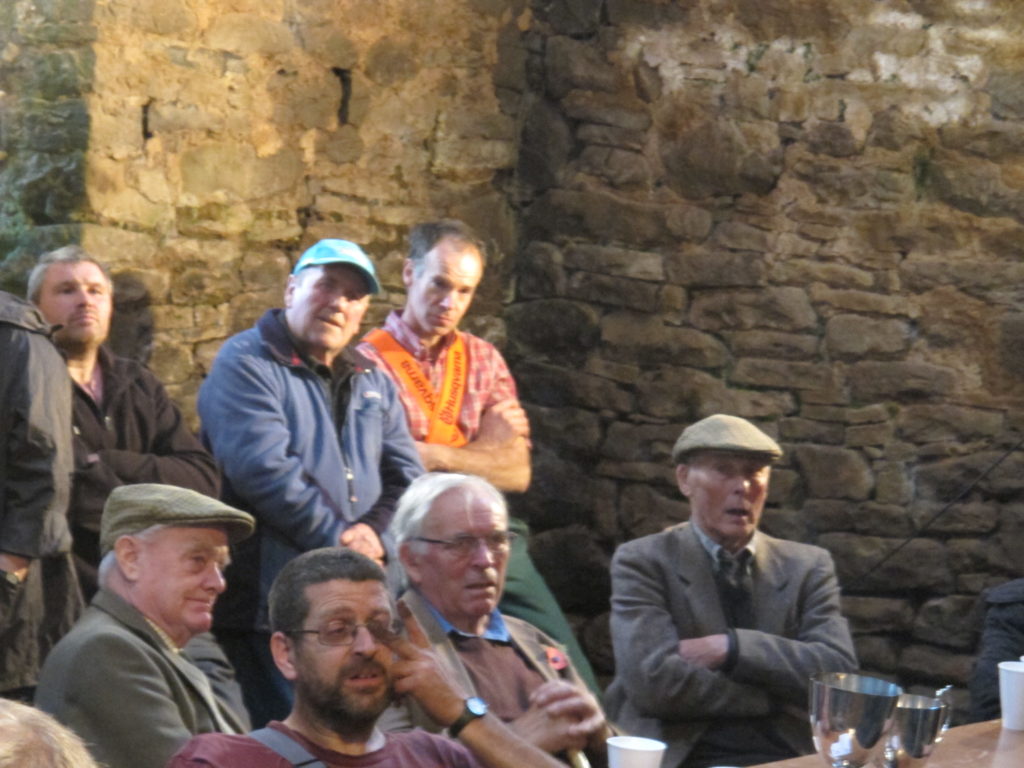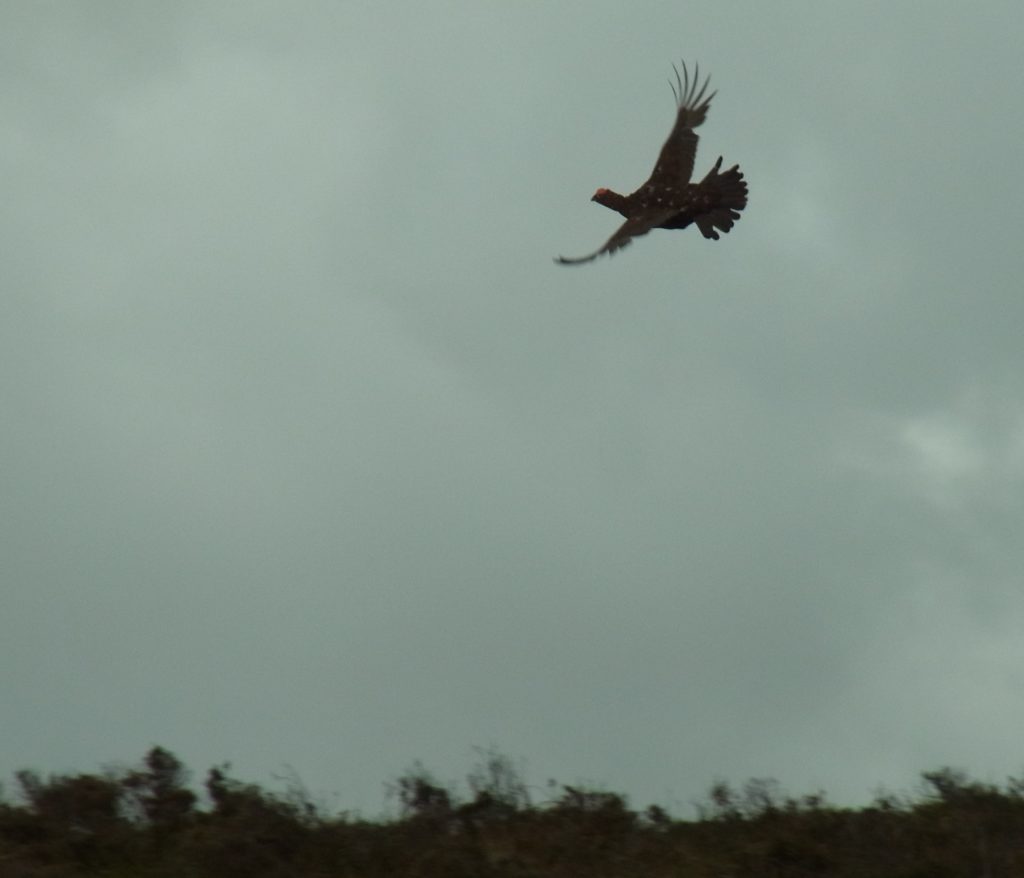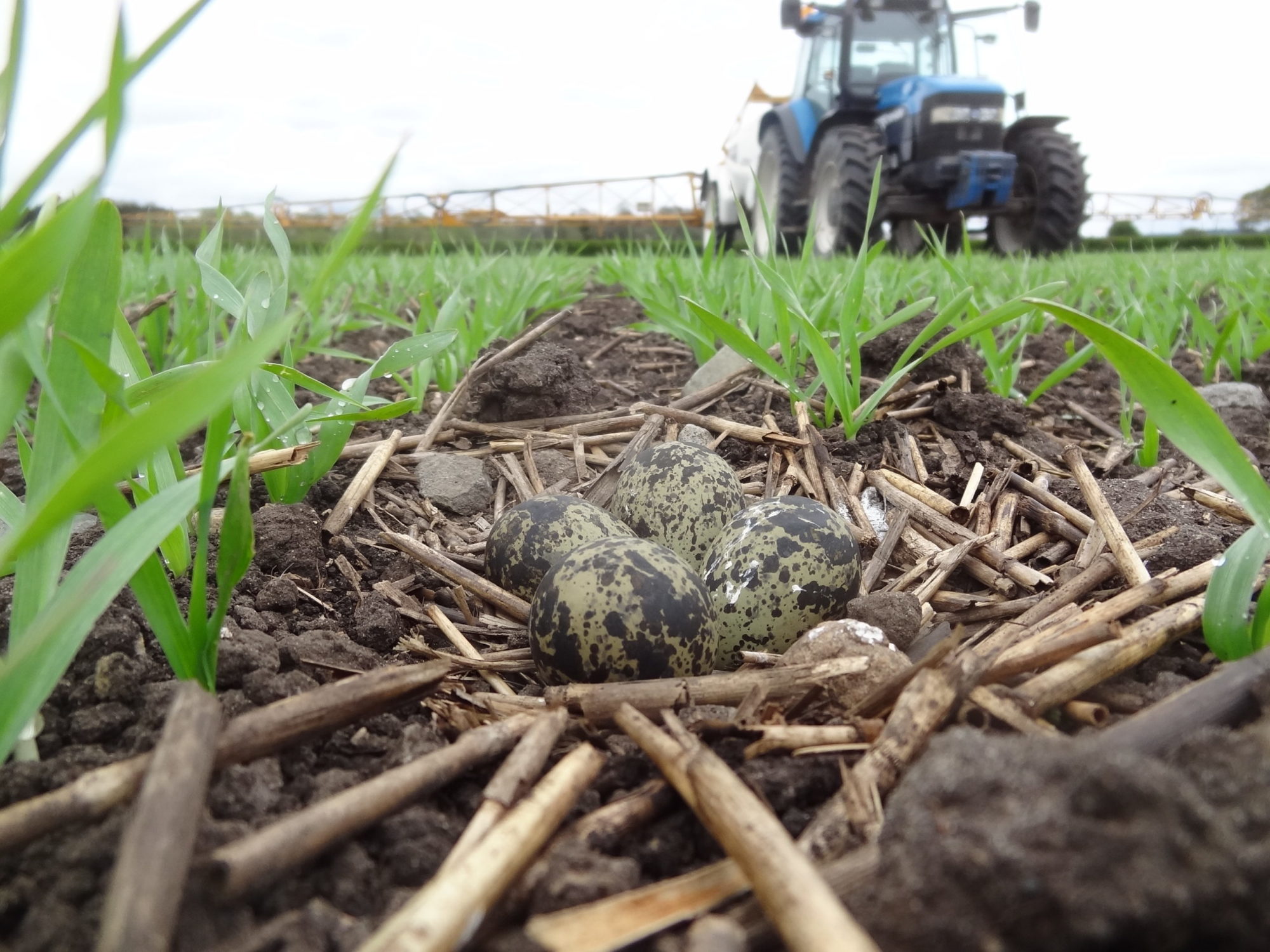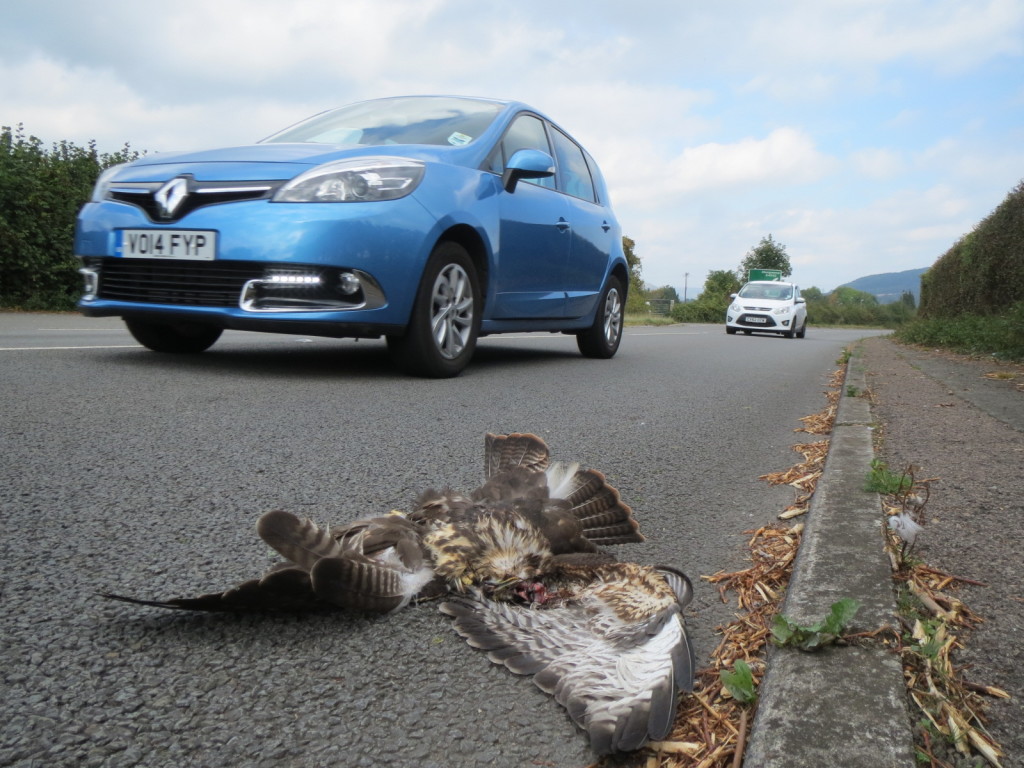We could all do with more critical friends to help find common ground.
 Two landowners at opposite end of the country contacted me: one wanted to see hen harriers re-introduced on his farm and the other wishing to ‘rewild’ his upland grazed farmland. Problem is that both have been put off, disillusioned even, by dismissive polemics towards land managers from some environmental campaigners continually agitating on related matters.
Two landowners at opposite end of the country contacted me: one wanted to see hen harriers re-introduced on his farm and the other wishing to ‘rewild’ his upland grazed farmland. Problem is that both have been put off, disillusioned even, by dismissive polemics towards land managers from some environmental campaigners continually agitating on related matters.
Yes, evey voice is valid, the provocation justified without being offended . But when the battle to save wildlife is ostracising the very people who can help save wildlife, can we think critically of our own roles?

Any membership driven organisation – whether RSPB, Buglife, BASC or The Game and Wildlife Conservation Trust – tends to be guided by legacy-driven partisan influence over altruistic aims of improving wildlife. Clarion calls for a ‘Giving Nature a Home’ campaign, complete with television advert (did she check for neonics in the kitchen cupboard?), all result in a surge in member recruitment and shopping.
It would be naive of me to think that modern conservation could be any other way. As they say, ‘conservation without money is just conversation’. But when many environmental NGO are more bothered about staying in the game (or just staying financially afloat), than making a real difference in hard choices required for nature conservation today, it can result in crowd-pleasingly vague statements.

The danger of single issue campaigns further warps the frame. The RSPB may not agree with a campaigner’s aim to ban driven grouse shooting, as it is wary about rewilding or tree planting threatening rare ground-nesting birds such as hen harriers. The GWCT finds it equally challenging to weed out poor practices of high density pheasant release by some of their more greedy shooting members, while also pursuing high quality grey partridge research which benefits wider ecosystems. Buglife campaigns against pesticides but needs farmers, who face increasing insects pests, to work with it on Integrated Pest Management.
We could all help buffer biodiversity from being squeezed by our profligate consumption and pressure for more infrastructure.
Buzzard on a B road
Do we appease a media that seeks re-tweetable polarised views while being distracted from common solutions? Those that believe that I’m conflating the issues, or sitting on the fence, only reinforce the notion that these matters can be viewed in separate silos or reductionist binary arguments.
We must find that common ground. Every organisation, and indeed campaigner, should court the governing influence of ‘critical friends’ to hone nuanced arguments, seek shared aims in dealing with the decline in wildlife highlighted within the The State of Nature reports (next one 2019).
It then leaves us to argue over the really tough issues that we have to understand and face in the requirement to save nature, and ultimately, ourselves.
(links updated June 20)

